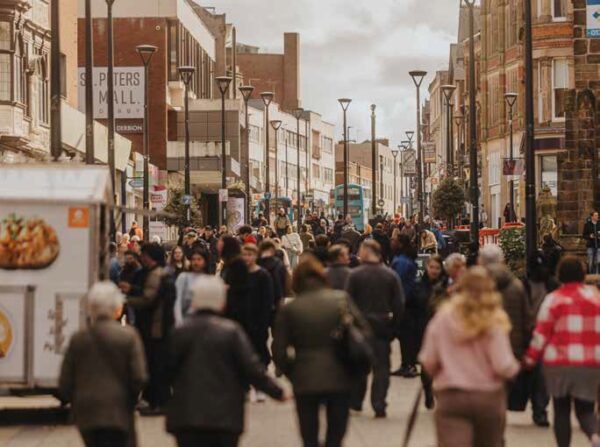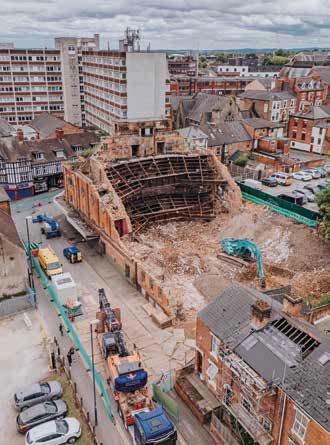Blog | 11 September 2024
Is Derby the worst city in the UK?
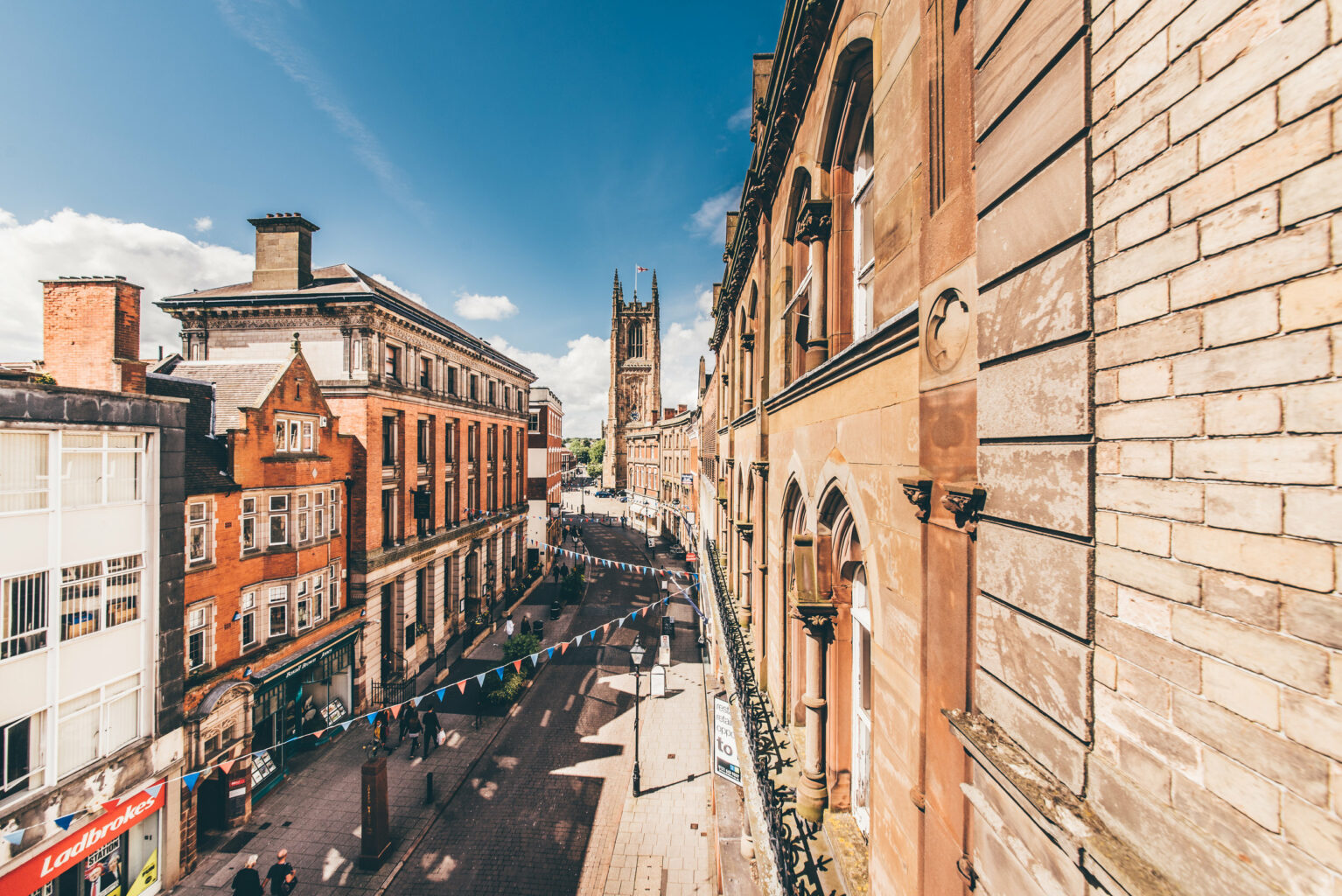
You cannot have missed the recent brouhaha originating in a report from consumer group Which? that awarded Derby the dubious honour as being the least attractive large city for a short break.
A table of 25 cities was topped by the glamour of Liverpool, Edinburgh and York, with wooden spoons given to Leicester, Swansea and yes, Derby – all sitting behind cities such as Coventry, Milton Keynes and Hull.
It would be easy to question the survey’s merit as there is no pretence of it being scientific or objective. The fact that Derby’s score was a mere two points less than that of Swansea and Leicester meant the spotlight fell here, not there.
The survey collated the views of 4,000 people – self-selected Which subscribers – based on their experience of UK overnight stays over the past 2 years.
I can’t find out how many respondents actually came to Derby but it is suspected to be not very many, possibly somewhere around 50 people.

Which? produces a lot of these surveys (fridges, cars, computers etc) and their purpose is advise fellow subscribers on experiences of a particular product or, in this case, place.
The UK media feasts on league tables – most especially to focus on the winners and losers – and Which? obliges by issuing press releases, raising the survey’s profile and no doubt rustling up more subscriptions.
It was only a matter of time before the media, most especially the tabloids, created a Derby-bashing party, aided and abetted by dramatic sub-edited headlines.
These painted a bleak picture of our city, including the Sun (‘there’s mugging and stabbings all the time’), the Metro (‘a rundown dump’) and the Express (‘a ghost town plagued by mobs’).
Overlay that with anonymous keyboard social media whingers and Derby came in for a bit of a kicking.
To be fair, some papers, such as the Times (thankyou Matthew Parris) and of course the Derby Telegraph, put up the case for the city’s defence.
Then, out of the blue, a London-based American social media influencer and vlogger, Evan Edinger, intrigued by the storm, decided to put Derby to the test and popped up (unannounced) one sunny Sunday with a few friends on a bit of a recce.

We have to take people like Evan seriously. He has over 785,000 subscribers on You Tube (a mere 224,000 followers on Twitter/X) and his film of the visit – entitled ‘I visited the WORST city in the UK” – attracted an astonishing 150,000 views in its first few weeks.
Thankfully Evan had a great time, failing to find the muggings, stabbing and mobs painted by the tabloids but instead, enjoyed the elegance of the Cathedral, the cafe society of Bear and upscale retail of the Derbion.
Evan left Derby unscathed and a fan, indeed distinctly impressed and maybe some of his thousands of followers may soon follow.
What has this to do with inward investment? The answer, an awful lot.
The perception of a city plays a critical role in deciding where to locate investment – be it residential, retail, leisure or commercial.
Inward investment is a competition between places and all investors have choice.
If not Derby, then maybe another midlands city. If not the midlands, maybe elsewhere in the UK, Europe or the world.
At this year’s Derby Property Summit we hosted the team from the UK Property Hub.
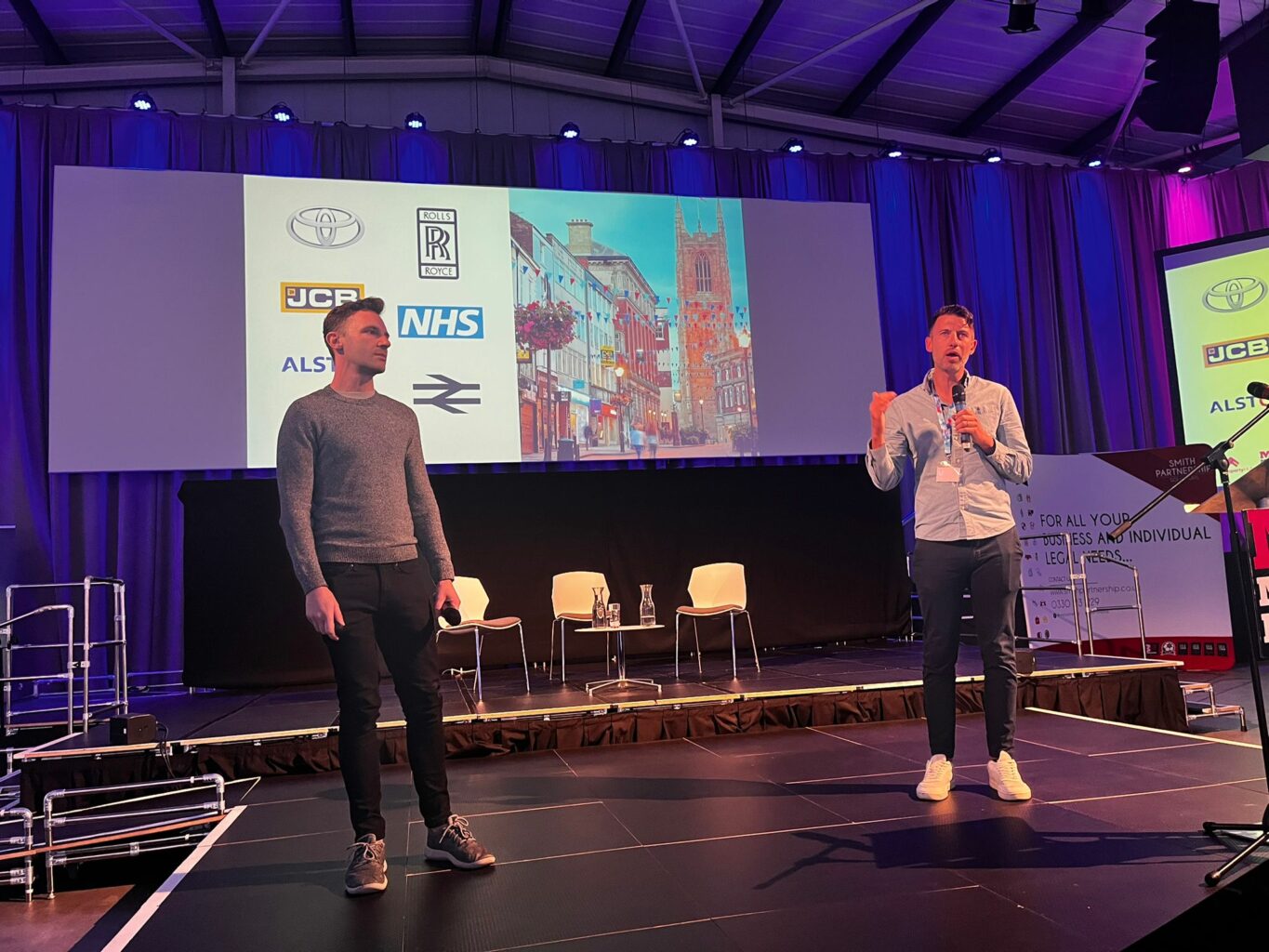
Based in Liverpool, they publish books, have a column in the Sunday Times and advise hundreds of thousands of followers on You Tube and other platforms on hotspots for residential investment.
And guess what, Derby has topped their UK table for the past 2 years as developments such as Grainger’s Condor, Castleward and the Nightingale Quarter have emerged delivering a city living product that people want.
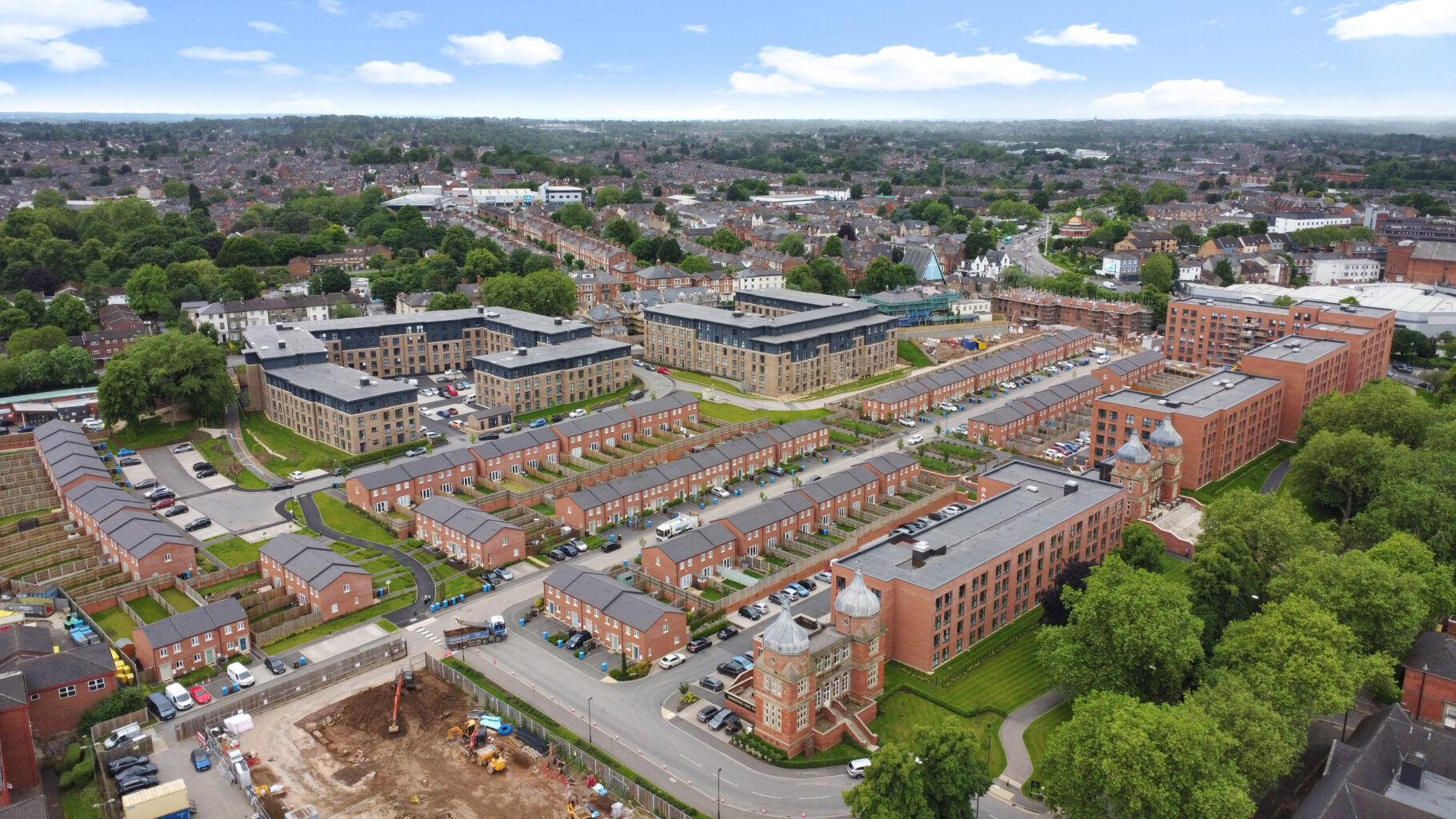
Their metrics obviously included economic and demographic indicators, but perception of place also plays a central role.
As I write this, the UK appears to be exiting a summer of horrible riots. Thankfully, Derby escaped but there is no doubt that towns and cities that suffered some of the worst episodes are going to take years to rebuild what took mere hours to ruin.
Meantime, these places are unlikely to attract the Hot Spot endorsement or Which? overnighters – perception counts for personal as well as corporate investment.
So, going back to the Which? report, is there anything we can learn?
I’d say yes, as whilst these surveys are arbitrary, cities can rise as well as fall.
Liverpool, which topped this year’s table would have been bottom a few short decades ago. Hull, which was mid-ranking, used to crown the Crap Towns award.
It’s easy to be cynical and knock cities with a proud heritage suffering hard times and maybe the authors of these league tables and articles might think a little more about the impact of cheap snap judgements about a whole community and place?
Both Liverpool and Hull have been going through radical post-industrial transformation, using their history and culture as a platform for regeneration – indeed, both becoming Capitals for Culture on that journey.
The radical transformation currently under way in Derby recognises that something needs to be done as we repurpose the city centre as a better place to live, work and visit.
In terms of residential spend Derby scores well, at 22nd in the UK (ahead of cities such as Cardiff or Sheffield for example) and this likely to get even better as investment in city living is currently booming in Derby. Over 8,000 homes are built or in the pipeline – equivalent to a town the size of Matlock being brought into the DE1 postcode – and this will help Derby enter the UK top 20.
However, in terms of worker and visitor spend we score in the low 40s.
In order to move towards the top 20 in these categories Derby needs to continue to deliver its regeneration pipeline, starting with the Performance Venue, Market Hall, University Business School, Eastern Gateway and St James St which will all be completed next year.
Following that will be schemes such as the Guildhall Theatre, Assembly Rooms, Friar Gate Goods Yard, train station gateway, riverside, Eagle quarter and northern gateway.
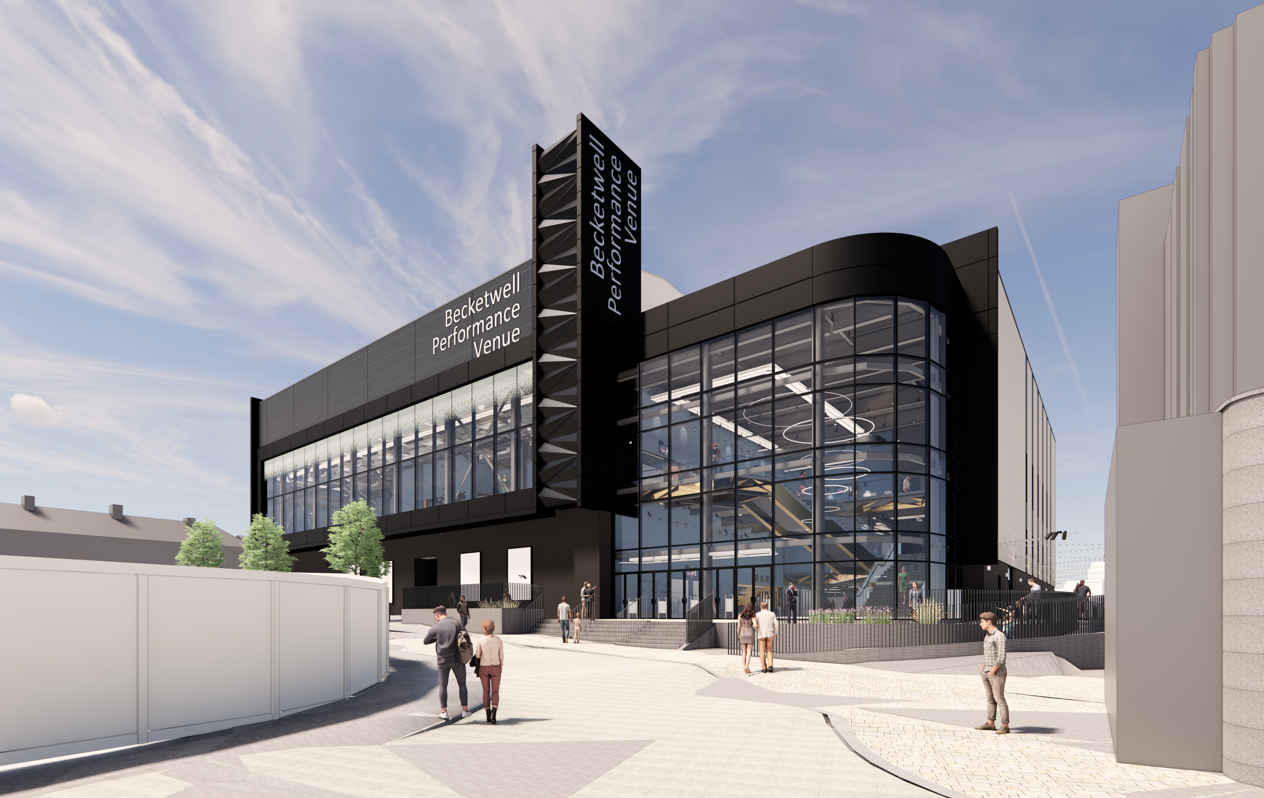
The Derby City Lab – which will soon host its 10,000th visitor – now has a real finger on the pulse of what people want and, in Derby’s case, people say they want more change, and they want it faster. The message is Be Brave.
The Which? experience can be unpleasant – especially when the tabloids get their teeth in – but, we best use it as a jolt to remind us to be honest on the challenges we face, to never get complacent and think the job is done.
